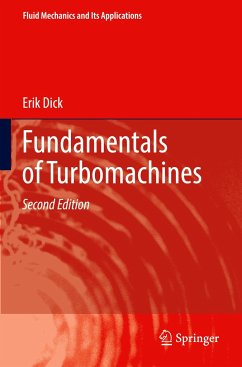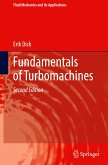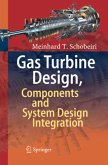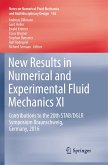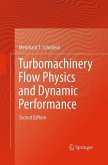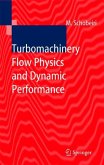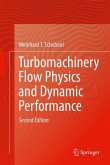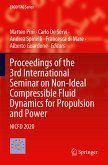This textbook explores the working principles of all kinds of turbomachines. The same theoretical framework is used to analyze the different machine types. The order in which the different kinds are treated is chosen by the possibility of gradually building up theoretical concepts. For each of the turbomachine kinds, a balance is sought between fundamental understanding and knowledge of practical aspects. Readers are invited through challenging exercises to consider how the theory applies to particular cases. This textbook appeals to senior undergraduate and graduate students in mechanical engineering and to professional engineers seeking to understand the operation of turbomachines. Readers will gain a fundamental understanding of turbomachines and will be able to make a reasoned choice of a turbomachine for a particular application.
Bitte wählen Sie Ihr Anliegen aus.
Rechnungen
Retourenschein anfordern
Bestellstatus
Storno

